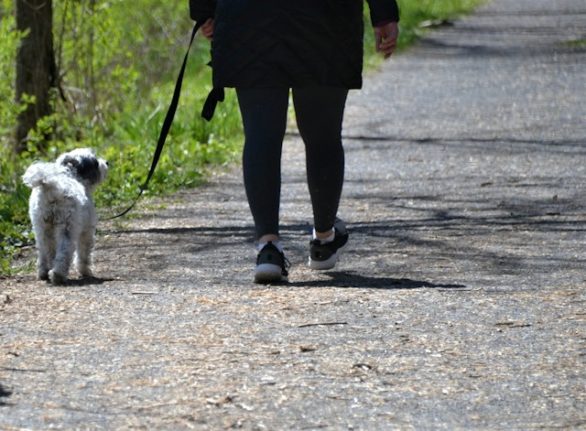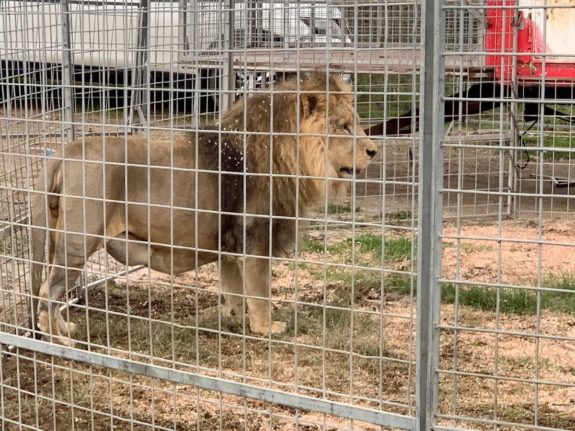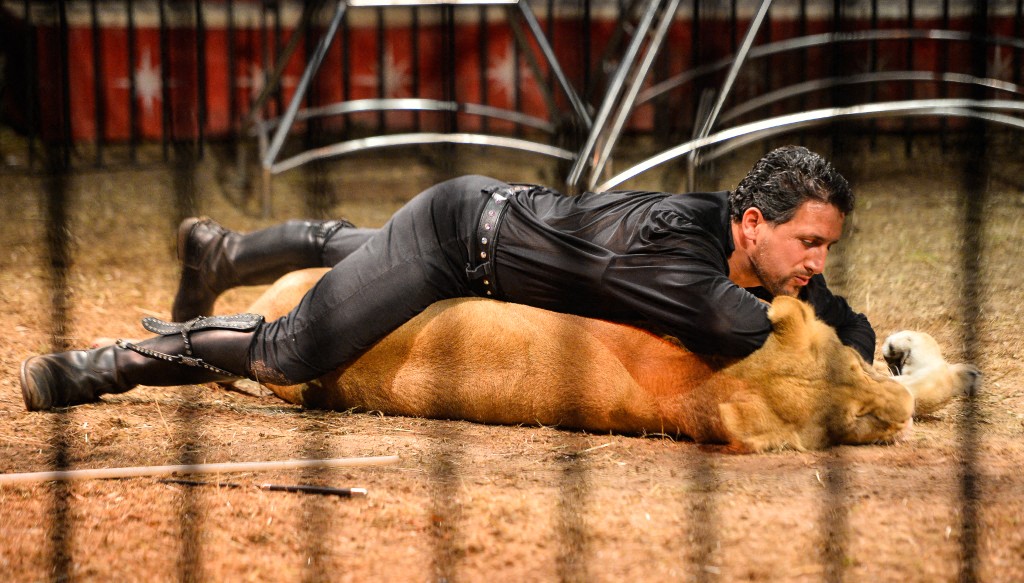Dog owners in the autonomous province of Bolzano (Alto Adige) are running out of time to comply with a law meaning they must submit their pets for DNA testing ahead of the introduction of a new database designed to catch owners who don’t clean up after their pets.
Once the dog DNA database is up and running, sanitation workers and public health officials will be able to collect samples to be genetically tested and compared to records – and the evidence used to fine culprits 50 to 500 euros.
Owners who refuse DNA profiling for their dog can be fined between 292 and 1,048 euros once the rules come into force from March 2024, Paolo Zambotto, director of Bolzano’s public veterinary department, told Italian media.
The law was approved two years ago, but it has faced resistance from the public and criticism from veterinarians.
As a result, by the initial deadline of December 31st, 2023, only around 5,000 of the area’s estimated 45,000 dogs were registered on the database, councillors said.
READ ALSO: The culture shocks to expect if you own a dog in Italy
The local authority has now pledged to make DNA testing cheaper and more widely available from January after complaints that vets in the area were charging up to 120 euros for the procedure, with six-month waiting lists in some areas.
The tests can instead be carried out by local authority vets for a fee of 65 euros from the end of January to March 2024, councillor Arnold Schuler announced earlier this month.
“In this way, we are making it even easier for everyone interested in having their pet registered,” Schuler said.
He added that the DNA database would also be used to identify animals killed in road accidents, or those which are abandoned or attack other animals or people.
Franz Hintner, president of the South Tyrolean Veterinarian Order, has however criticised the rules as impractical as well as unfair: “Every year thousands of dogs are brought by tourists to South Tyrol, and for those there would be no obligation.”
Filippo Maturi, president of pet owners association Assopets, launched a petition last year calling for the law to be scrapped.
“It is an unjust law which does not solve the problem and which, above all, has enormous management costs,” he said.
Despite the criticism, Schuler insisted there were no plans to scrap the law, and added that several other Italian regions had “shown particular interest” in adopting the initiative.




 Please whitelist us to continue reading.
Please whitelist us to continue reading.
Yet another totally absurd, expensive and unworkable plan. In a world that has gone bananas, this lot are eating the wrong shrooms.
I live in Monza where the streets a littered with dog poo all over the place, it’s unbelievable. Italians are so particular about appearances, how they dress, and you can’t do that because it doesn’t look good to other people, and yet they are happy to let their dogs dump on the pavement. Dog owners should be ashamed.